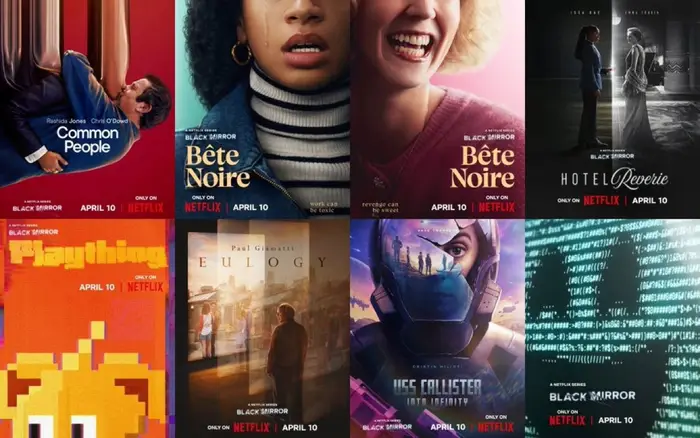Brain rot is a newfound slang term used all around the Emery/Weiner student body and social media that refers to excessive addictions to social media. According to the Newport Institute, its name is derived from the condition called brain rot, which is used to describe mental fogginess and reduced attention span caused by an overload of screen time.
Emery/Weiner students, as well as most of the Gen Z population, use brain rot frequently as a way to converse and joke around without having adults, such as parents and teachers, understand what they’re talking about. Kids commonly create languages in an attempt to hide their conversations. This is something that has been occurring over the course of generations. The difference between brain rot and other secret languages, such as pig latin, is that brain rot vocabulary is not supposed to have any definite meaning. The struggle to understand brain rot used in a sentence is what makes the language so funny to many.
By creating new words that are hard for adults to decipher, kids can feel more inclined to express their thoughts and feelings to their peers without judgment. Emery/Weiner student Dawson Tiras is an avid brain rot user. “Brain rot can be so funny if it’s used in the right way. My friends and I always have a good laugh together,” says Tiras. There is a huge difference between kids using brain rot online versus in real life. Virtually, “I definitely use brain rot vocabulary over text a lot more than in real life. Through sharing memes, videos, and even just sending texts, it’s a lot more common to find online,” Tiras states. But in real life, Tiras chooses not to talk in this way unless he is speaking with his friends. “I’m not sure how other people feel about these words and I don’t want to deal with any confusion or awkwardness,” Tiras shares.
Others don’t like these words in general, Emery/Weiner senior and friend of Dawson, Caymus Cooper disapproves of brain rot. “Brain rot just doesn’t make any sense and that humor isn’t funny to most people,” he believes. Many people, not just Cooper, dislike brain rot for a multitude of reasons. A popular reason people find displeasure in these words is because it can be seen as illiterate and “described as poor language use” Cooper expresses. Not everyone understands brain rot, which is why it is highly disliked and misunderstood, especially among adults. It’s easy to criticize things if you don’t understand them.
The brain rot language trend will likely not last long, just like all the other slang epidemics, such as the use of the phrases “tea” and “YOLO.” The internet tends to move on fast from trending clothes, songs, and words, and brain rot is not likely to be the exception. As Tiras says, “Brain rot is just another funny way to talk with friends and peers. I think that everyone should just enjoy the absurdity of it all before this trend passes.”







